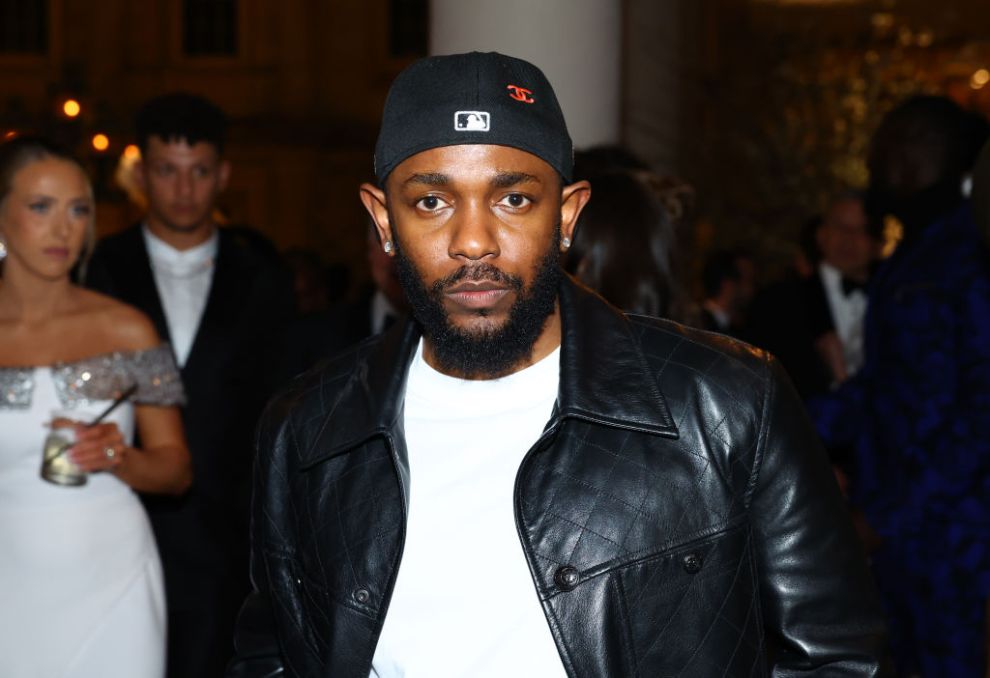Drake’s defamation lawsuit against Universal Music Group (UMG) over Kendrick Lamar’s diss track “Not Like Us” has stirred up a mix of controversy and criticism, not just for its claims but for a glaring misstep in the legal argument. The 81-page lawsuit accuses UMG of promoting and monetizing a song that Drake says falsely accuses him of pedophilia and incites violence against him. However, a specific claim regarding an Oakland reference in the track has raised eyebrows for its inaccuracy.
Central to Drake’s case is the assertion that Kendrick’s lyrics pose a direct threat to the Toronto rapper. The song reportedly suggests violence, with lines like “wop, wop, wop, wop” followed by “Lamar will f**k ’em up.” It also mentions that Drake’s hypothetical visit to Oakland “won’t end well.” But here’s the issue—Kendrick Lamar wasn’t raised in Oakland. He’s a proud Compton native, and any hip-hop fan could tell you that.
The Oakland reference is a nod to Tupac Shakur, who spent much of his career connected to the Bay Area. Kendrick’s lyric is a response to Drake’s diss track Taylor Made, which used an AI-generated Tupac voice. By referencing Oakland, Kendrick is evoking the city’s loyalty to Tupac and its disdain for anyone perceived to disrespect his legacy. The legal team’s failure to recognize this has drawn criticism, with many questioning their understanding of hip-hop’s cultural nuances.
Drake initially filed the lawsuit to challenge UMG for allegedly exploiting the song despite knowing the accusations were unfounded. He accuses the label of pushing the track to capitalize on its controversy, even as it tarnished his reputation. Though the lawsuit targets UMG, not Kendrick, the legal battle has reignited debates about the ethics of diss tracks and the boundaries of artistic expression.
Critics argue that taking a rap feud to court undermines Drake’s credibility in a genre that thrives on lyrical confrontations. Many fans view the lawsuit as a misstep, suggesting it could do more damage to his image than the diss track itself. The backlash intensified with the revelation of the Oakland error, with online commentators mocking the legal team’s lack of diligence.
UMG, for its part, has dismissed the claims as baseless, defending its role in supporting creative expression. In a statement, the label emphasized its investment in Drake’s career and criticized the lawsuit as an attempt to stifle artistic freedom.
As the case unfolds, it underscores the complex intersection of law, music, and culture. Whether Drake’s legal strategy will vindicate him or further complicate his standing in the hip-hop community remains to be seen.


Leave a Reply